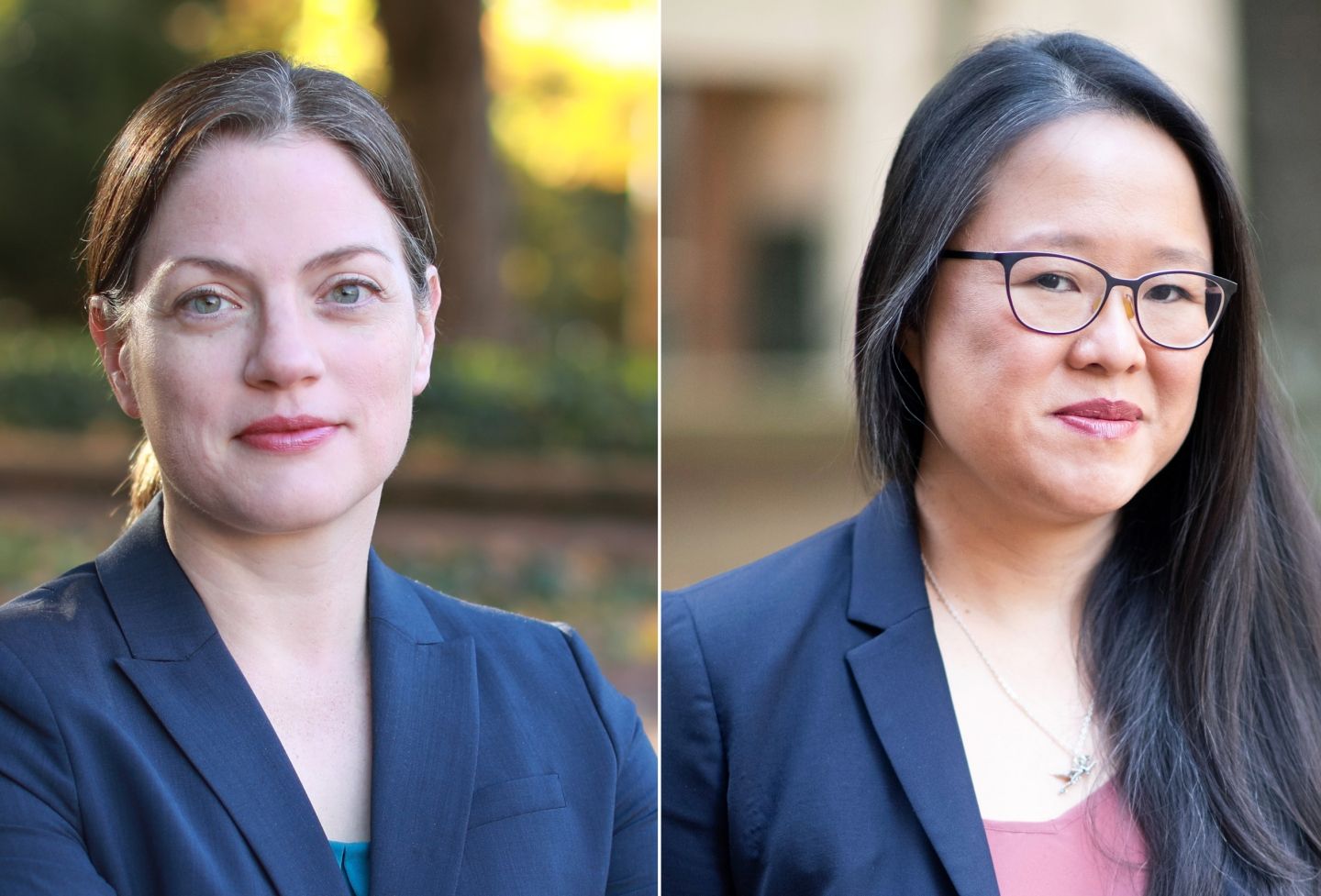Hot-button issues — including the contours of executive power, free speech and religious liberty — topped the docket in the U.S. Supreme Court’s most recent term, which ended Friday.
The justices cited professors at the University of Virginia School of Law 18 times: Saikrishna Prakash had six citations; John Harrison had four; Caleb Nelson had two; and Aditya Bamzai, Risa Goluboff, John C. Jeffries Jr. ’73, Douglas Laycock, George Rutherglen and Richard Schragger each had one.
Several Law School faculty provided commentary on some of the justices’ most consequential rulings. (Read more comments and news coverage here.)
303 Creative LLC v. Elenis
Holding: The First Amendment prohibits Colorado from forcing a website designer to create expressive designs speaking messages with which the designer disagrees.
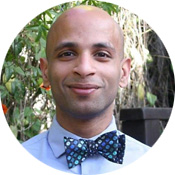
Professor Craig Konnoth writes in health and civil rights, as well as on health data regulation, and has filed briefs in the U.S. Supreme Court and the Tenth Circuit on LGBT rights issues.
“Today’s First Amendment is a far cry from the one that shielded the LGBTQ+ community in its early days. It has been transformed by today’s Supreme Court into a weapon. But even worse, there are two different First Amendments depending on the speech at issue. Anti-gay speech? Strong First Amendment protections. Pro-gay speech? Weak protections. Speech against reproductive rights? Strong protections. Speech supporting reproductive rights? Weak protections. By fracturing rights depending on who is speaking, today’s court has fashioned a First Amendment that will, itself, become the biggest threat to free speech in the United States.”
Biden v. Nebraska
Holding: Missouri has standing to challenge the program to forgive some federal student loan debt, because the plan would cost the state’s nonprofit government corporation an estimated $44 million a year in fees. The plan exceeds the secretary of education's authority to “rewrite that statute to the extent of canceling $430 billion of student loan principal.”

Professor Julia Mahoney teaches courses in property, government finance, constitutional law and nonprofit organizations.
“Writing for the court, Chief Justice [John] Roberts stressed that the secretary of education’s power under the HEROES Act to ‘waive or modify’ provisions relating to student financial assistance programs is limited and does not include the ability to make fundamental changes to a statutory scheme. [The] decision reaffirms the Roberts court’s strong commitment to separation-of-powers principles.”
Groff v. DeJoy
Holding: The Civil Rights Act requires an employer that denies a religious accommodation to show that the burden of granting an accommodation would result in substantial increased costs in relation to the conduct of its particular business.

Laycock is perhaps the nation’s leading authority on the law of religious liberty and has testified frequently before Congress and argued several appellate cases in federal courts. At the U.S. Supreme Court, he has served as lead counsel in six cases and has also filed influential amicus briefs. He co-authored an amicus brief in Groff.
“We will have to see what the lower courts make of this, but this is much more protection for religious minorities. This decision protects workers who strictly observe a Sabbath, whether on Saturday, Sunday or some other day. It protects workers who cover their head in a scarf or a yarmulke, or who dress more modestly than the employer prefers. We have other laws that protect workers who refuse on religious grounds to assist with particular medical tasks, like assisting with an abortion or a sterilization operation, but this decision provides another layer of protection for those workers, too. None of this prevents the employer from getting the work done. But it may require rescheduling, or trading shifts with other employees, or tolerating religious dress from diverse faiths, or assigning some tasks to other employees.”
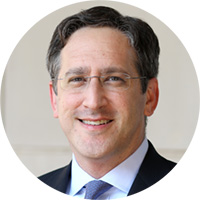
Professor Micah Schwartzman ’05 focuses on law and religion, jurisprudence, political philosophy and constitutional law, and co-directs the school’s Karsh Center for Law and Democracy.
“What counts as ‘substantial increased costs’? The court doesn’t say, but the justices’ unanimity on that standard masks serious disagreements about the kinds of workplace policies that can satisfy it. At least initially, those disagreements will be worked out in lower courts, some of which have aggressively applied federal law to privilege conservative religious interests in the workplace. And those courts will be encouraged by Groff’s dicta that Title VII ‘gives [religious practices] favored treatment,’ rather than requiring ‘mere neutrality.’” (Read the full co-authored op-ed)
Haaland v. Brackeen
Holding: The court upheld the constitutionality of the Indian Child Welfare Act, which established standards for the placement of Native American children in foster and adoptive homes and enabled tribes and families to be involved in child welfare cases.

Professor Naomi Cahn is an expert in family law, trusts and estates, feminist jurisprudence, reproductive technology, and aging and the law. She co-directs the school’s Family Law Center.
“ICWA, enacted in 1978, protects Indian families in child-placement proceedings. It was challenged as unconstitutional based on grounds of race discrimination and exceeding Congress’ authority. The court did not address the race discrimination issues. An interesting concurrence by Justice [Neil] Gorsuch, joined by Justices [Sonia] Sotomayor and [Ketanji Brown] Jackson, reviewed the history of ICWA, explaining its enactment after a long history of removing Indian children from their families.”
Jack Daniel’s Properties Inc. v. VIP Products
Holding: When a defendant in a trademark suit uses the mark as a designation of source for its own goods or services, the law does not shield parody, criticism or commentary from a claim of trademark dilution.

Professor Elizabeth Rowe is an internationally renowned expert on trade secret law, intellectual property, trademark and patent law, and corporate espionage.
“This case is a win for trademark owners whose trademarks are used by other companies to sell their own products. The Supreme Court made clear that calling such uses a parody does not provide a free pass to infringe.”
Jones v. Hendrix
Holding: The court ruled that federal prisoners are barred from petitioning federal courts to get their sentences overturned after new case law makes them retroactively innocent.
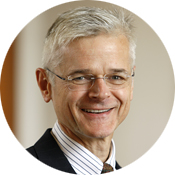
Professor Daniel Ortiz teaches constitutional law, administrative law, electoral law, civil procedure and legal theory, and recently stepped down as director of the Supreme Court Litigation Clinic, which represented Jones. He clerked for Justice Lewis F. Powell Jr. and then-Judge Stephen G. Breyer.
“The conservatives on the court have not looked favorably on post-conviction relief. This is another decision which is basically rolling back the rights of people to challenge their convictions.”
Mallory v. Norfolk Southern Railway Co.
Holding: The court upheld a Pennsylvania law that forces companies to face litigants within its borders when they register to do business there.

Professor Lawrence B. Solum teaches civil procedure and works on problems of law and technology, including internet governance, copyright policy and patent law.
“Norfolk Southern involved ‘personal jurisdiction’ — the power of a court to require a defendant to appear as a defendant in a civil lawsuit. On the surface, this would seem to greatly expand the power of the states to subject out-of-state corporations to personal jurisdiction, even when the lawsuit does not arise from events within the state’s borders. But Justice [Samuel] Alito concurred separately and raised the possibility that [such] statutes may violate the so-called ‘Dormant Commerce Clause.’ This leaves the future of personal jurisdiction uncertain and unsettled.”
Sackett v. Environmental Protection Agency
Holding: The Clean Water Act extends only to wetlands that have a continuous surface connection with “waters” of the United States.
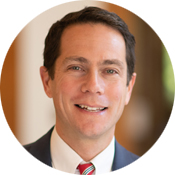
Professor Cale Jaffe ’01 is director of the Environmental Law and Community Engagement Clinic and serves on the Virginia Coal and Energy Commission. Jaffe co-authored an amicus brief in Sackett.
“Justice [Samuel] Alito adopted an extremely limiting interpretation of the Clean Water Act[.] The concurrences by Justices [Elena] Kagan and [Brett] Kavanaugh, when read together, outline how dramatically the majority of the court has departed from 45 years of Clean Water Act practice. Justices Kavanaugh, Kagan, [Sonia] Sotomayor and [Ketanji Brown] Jackson all would have upheld Congress’ assertion of Clean Water Act jurisdiction over wetlands that are ‘adjacent’ to navigable waters — even when those wetlands are not directly ‘abutting,’ ‘adjoining’ or ‘touching’ a navigable water. […] Justice Kagan added a critically important gloss with her concurrence, underscoring how shocking it is that the court has chosen to ‘rewrite Congress’s plain instructions because they go further than preferred’ by some justices. She asserts that the ‘Court substitutes its own ideas about policymaking for Congress’s.”
Students for Fair Admissions Inc. v. President and Fellows of Harvard College
Holding: Harvard College’s and the University of North Carolina’s race-conscious admissions programs violate the Equal Protection Clause of the 14th Amendment.

Professor Deborah Hellman is director of the school’s Center for Law & Philosophy, the author of “When Is Discrimination Wrong” and the co-editor of “The Philosophical Foundations of Discrimination Law.”
“It is noteworthy that both the chief justice’s opinion, as well as the concurring opinions of Justice Clarence Thomas and Justice Brett Kavanaugh, emphasize that universities may use race-neutral policies, like giving a plus to first-generation college students, even if they adopt these policies with the aim of achieving diversity.” (Read the full Q&A)
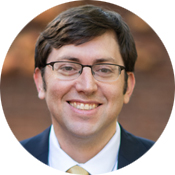
Professor Richard Re’s primary research and teaching interests are in criminal procedure, federal courts and constitutional law. He clerked for Justice Anthony Kennedy and then-Judge Brett Kavanaugh.
“The Supreme Court’s decision in Students for Fair Admissions v. Harvard will be remembered as a major decision striking at affirmative action in higher education, but the case’s footnotes tell an additional story — about the hollowness of the justices’ recusal practices.” (Read the full blog post)

Professor Kimberly Jenkins Robinson is one of the nation’s leading education law experts and speaks throughout the United States about K-20 educational equity, school funding, education and democracy, equal opportunity, civil rights, Title IX and federalism.
“These shifts in elite college enrollment, leadership and workplaces will weaken long-standing efforts to dismantle the nation’s segregationist past and the privilege that this segregationist past affords to wealth and whiteness. To help mitigate these potential harms, selective colleges will have to devote their attention to limiting what I believe are the decision’s harmful impacts and reaffirming their commitment to diverse student bodies through all lawful means.” (Read the full op-ed)
U.S. v. Texas
Holding: Texas and Louisiana lack Article III standing to challenge immigration-enforcement guidelines promulgated by the secretary of homeland security that prioritize the arrest and removal of certain noncitizens from the United States.

Professor Amanda Frost writes and teaches in the fields of immigration and citizenship law, federal courts and jurisdiction, and judicial ethics. She co-directs the school’s Immigration Law Program.
“The decision in U.S. v. Texas provides further evidence that the Supreme Court is reining in state standing to challenge the federal government’s policy choices. The court held that the executive has the constitutional authority to ‘take Care that the Laws be faithfully executed,’ and so the judicial branch has no authority to second-guess the executive’s enforcement policies, particularly in light of the executive’s limited resources. But the majority also carefully left open the door to future challenges of executive enforcement discretion in specific types of cases, such as if the executive completely abandons enforcement or if the executive’s enforcement choices are accompanied with the grant of legal benefits or legal status.”
Wilkins v. U.S.
Holding: The 12-year statute of limitations in the Quiet Title Act, which governs whether the United States can be named as a party defendant in a civil action, is a nonjurisdictional claims-processing rule.

Professor Rachel Bayefsky writes about constitutional law, federal courts, civil procedure and legal theory. She clerked for Justice Ruth Bader Ginsburg.
“In Wilkins v. U.S., the Supreme Court revived a lawsuit by Montana plaintiffs against the federal government in a property dispute under the federal Quiet Title Act. In a 6-3 decision, the court held that the Quiet Title Act’s time limit for suing the government was not jurisdictional, so that the plaintiffs’ suit could not be dismissed for lack of subject-matter jurisdiction. It remains to be seen, however, whether the plaintiffs will be able to justify their filing timeline and, therefore, whether the lawsuit will ultimately be able to proceed.”
Founded in 1819, the University of Virginia School of Law is the second-oldest continuously operating law school in the nation. Consistently ranked among the top law schools, Virginia is a world-renowned training ground for distinguished lawyers and public servants, instilling in them a commitment to leadership, integrity and community service.


